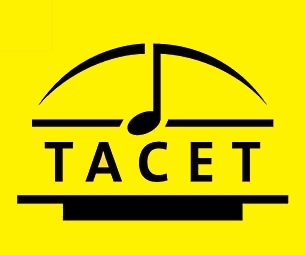This set of the second group of "Tost" quartets is my first encounter with the Auryn's & I am mightily impressed and looking forward to reviewing the remainder of this cycle as they become available in the UK on BD.
Firstly, the virtuosity required from all players is worn very lightly indeed; not that the Auryn players make the music sound easy but the the difficulties are carefully integrated into the musical argument (as surely must have been Haydn's wish). Also, the tempo chosen for the opening quartet in A major is wonderfully judged for there is not a moment where the tension drags nor does it ever feel rushed; there are obviously other ways to approach this movement but when one is listening, it sounds like perfection. The Adagio cantabile is also very refreshing in the lack of mannerisms foisted upon it. One should not be mistaken that this is HIP purity (there is plenty of vibrato on display when the Auryn's judge it to be beneficial) but that it sounds completely spontaneous & as if discovering the music for the first time - this is clearly a very well rehearsed spontaneity though! The Menuet & Trio is (fortunately) a far cry from "traditional" Classical performance, if not quite as lively as some on period instruments this is (just in the Trio) taken at a "one in a bar" speed which gives a lovely lilt & grace to the music. The finale is taken at just the right speed as well: fast enough to be exciting but never remotely feeling as though it is driven.
The next quartet (the "Razor") opens with it's "slow" movement; in the Auryn's hands, this is rightly allowed to flow but they still find space for all the dotted rhythm's to be carefully articulated and as the variations progress, the decorative passage work brings to mind early attempts of Beethoven. The central Allegro is played in such a way that it points up the volatility of the music; a wide dynamic range is employed to frequently startle the unsuspecting listener. The Menuetto is once again nicely judged and the Finale takes the breath away with the "turn on a dime" changes of dynamic and mood that the Auryn Quartet so vividly convey. As ever, even in the most tricky moments, this is not playing for a beautiful surface (although they do achieve that) but one for the heart of the musical argument and there is no small amount of Haydn's humour reflected here.
The final quartet on the disc is less remarkable musically than certainly the central "Razor" quartet but the Auryn quartet play as though it were not the case. Although arguably as fresh in their response to the opening quartet, this is still fine playing that retains all the previous enunciated virtues.
The recording is also fully equal to the playing and, not for the first time, the decision to disperse the players around the listener pays enormous dividends because the clarity of the fastest textures is greatly enhanced and the passages where fragments are thrown around the quartet become as dizzying to hear as they must to co-ordinate at this speed.
Very strongly recommended.
Copyright © 2014John Broggio and SA-CD.net
<< back
